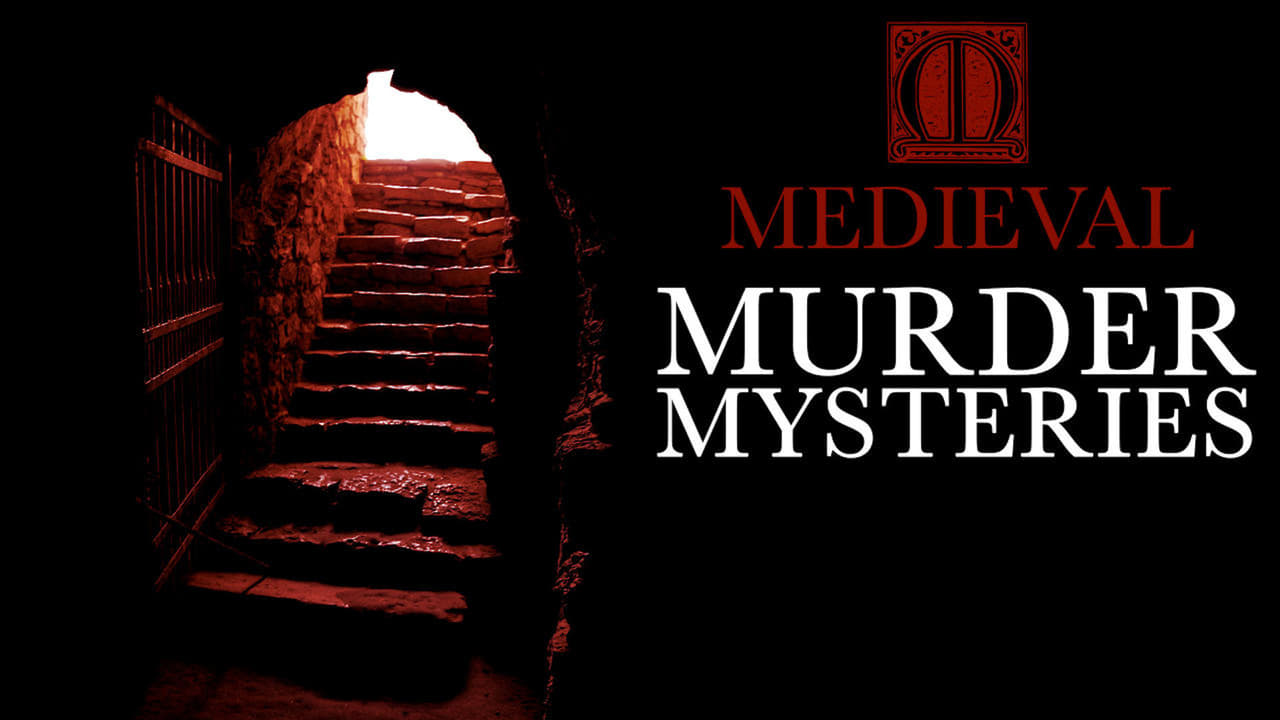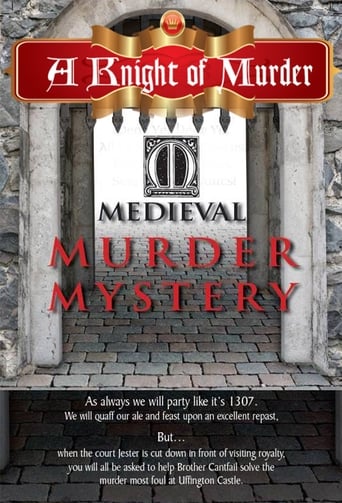Medieval Murder Mysteries Season 1

The medieval period gave us some of the greatest, most enduring stories in history. Some are of them were real – some are altered into pure Legend. These legends usually had somebody doing villainous deeds. The even greater thing is that most of these were surrounded in mystery or conspiracy. Medieval Murder Mysteries uses modern thinking from historical police criminology combined with forensics and human osteologists blended with current historical ideas to try and solve what really happened all those years ago. Magnificent castles, chivalrous knights, powerful kings and queens? You’ll have them. Also require dark deeds, illicit lovers, greedy nobles, mad cardinals? Look no further. They’re all here.
Watch NowWith 30 Day Free Trial!
Medieval Murder Mysteries
2015 / NR

The medieval period gave us some of the greatest, most enduring stories in history. Some are of them were real – some are altered into pure Legend. These legends usually had somebody doing villainous deeds. The even greater thing is that most of these were surrounded in mystery or conspiracy. Medieval Murder Mysteries uses modern thinking from historical police criminology combined with forensics and human osteologists blended with current historical ideas to try and solve what really happened all those years ago. Magnificent castles, chivalrous knights, powerful kings and queens? You’ll have them. Also require dark deeds, illicit lovers, greedy nobles, mad cardinals? Look no further. They’re all here.
Watch Trailer
With 30 Day Free Trial!
Medieval Murder Mysteries Season 1 Full Episode Guide
Naming the worst of the Borgias is a tricky business, so great is the choice. Juan Borgia, however, is right up there at the top of the list; a spoilt, arrogant, debauched, cruel brat with hundreds of enemies who also happened to be the favourite son of Pope Alexander VI - rather better known to history as the infamous despot Rodrigo Borgia. So when Juan showed up dead in 1497, the Pope was beside himself with grief - and surrounded by a whole team of people who had the desire, the motive and the wherewithal to get rid of Juan once and for all. But which one actually did it?
Since he showed up in a Leicestershire car park a short while ago, Richard III has been at his most popular for 500 years - not that he was that popular in the late 15th Century. He is universally blamed for the deaths of the Two Little Princes in the Tower in 1483 - his guilt or innocence is still debated today. We'll gather all the evidence, plus we'll explore the new theory that Richard actually had his own wife killed to smooth his path to the throne.
The name Amy Robsart may not resonate through the ages, but the unfortunate woman was the victim in a scandal and a mystery that stains the reign of Queen Elizabeth I to this day. Robsart was the wife of Robert Dudley, the favourite and alleged lover of the Queen and the man she is said to have told she would marry - if only he was free to do so. What a shame for them both then that Amy was a robust 28 year old - until she was found at the foot of the stairs at Cumnor Place, her home in Oxfordshire in 1560. Her death caused a scandal - with the finger of blame pointed firmly at Dudley. What is the truth about Amy's tragic death?
Bad, bad King John - the treacherous brother who tried to take his brother King Richard's throne while he was away fighting during the Crusades. John is something of a pantomime villain these days and his popular image as a selfish, cruel, tyrannical, violent man is largely true, although he was well-read and a capable administrator. But did he personally murder his errant nephew Arthur of Brittany to prevent him from succeeding to the throne of England. It's a great story, shocking if true - but is it?
The effeminate and weak son of the warrior king Edward Longshanks met a death almost too horrible to contemplate in Berkeley Castle in 1327 (it involved a red hot poker). This is a simply extraordinary tale of sexual shenanigans and medieval politics - but is the awful story of Edward's death actually true? Or is it another example of powerful medieval propaganda?
The untimely death in 1593 of Christopher Marlowe robbed English literature of one of its greatest dramatists - a man who mentored and influenced no lesser figure than William Shakespeare himself. But it wasn't illness or war that took Marlowe's life - it was violent, bloody murder done in circumstances and for reasons that still cause heated debate. Was Marlowe a spy, done away with by the authorities? Was he killed because of unpaid debts? Or because his plays were seen as Catholic propaganda by a fiercely Protestant regime? Was his death ordered to prevent him revealing that several Privy Councillors were atheists - a crime at the time? Or, most intriguingly, did he fake his own death? It's a fascinating story and we'll examine each theory in detail.
Free Trial Channels
Seasons
























